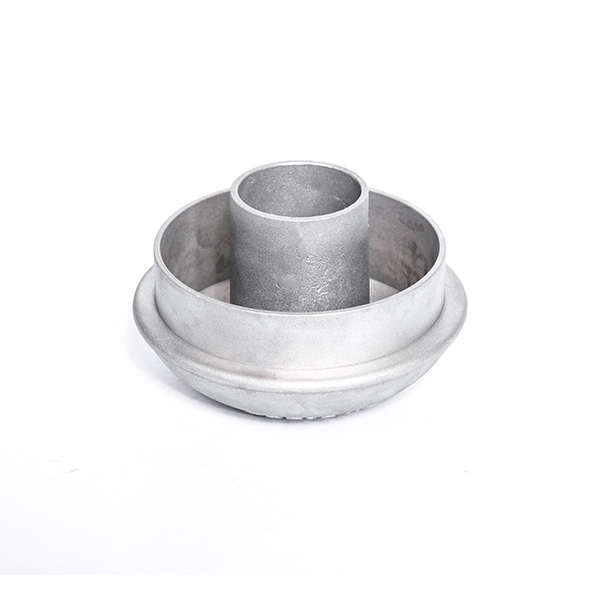Mobile:+86-311-808-126-83
Email:info@ydcastings.com
pipe caps steel
Understanding Steel Pipe Caps Importance, Types, and Applications
In the world of industrial piping systems, steel pipe caps play a crucial role in ensuring the integrity and functionality of fluid transport networks. These fittings are essential components used to seal the open ends of pipes, thereby preventing the escape of fluids and maintaining the pressure within the system. Understanding the various types of steel pipe caps, their importance, and their applications can help one appreciate their vital role in industrial and construction projects.
What are Steel Pipe Caps?
Steel pipe caps are essential fittings designed to cover the ends of a pipe. They serve both protective and functional purposes, including preventing contamination, protecting against external elements, and ensuring a leak-proof seal. Typically made from carbon steel, stainless steel, or alloy steel, these caps can withstand high pressure and extreme temperatures, making them ideal for a variety of applications.
Importance of Steel Pipe Caps
1. Leak Prevention One of the primary functions of pipe caps is to prevent leaks. In any fluid transport system, leaks can lead to significant losses in materials, environmental hazards, and costly repairs. A secure cap ensures that leaks are minimized, maintaining the system's efficiency.
2. Protection from Contamination Steel pipe caps help keep the interior of the pipes free from dust, debris, and other contaminants. This is particularly significant in industries dealing with sensitive materials, such as pharmaceuticals and food processing, where contamination can lead to serious health risks.
3. Pressure Maintenance Caps are crucial in maintaining the pressure within a piping system. In applications where high-pressure fluids are transported, using a cap ensures that the pressure is retained until the fluid is ready to be utilized in the system.
4. Regulatory Compliance Many industries are subject to strict regulations regarding safety and environmental protection. Using high-quality steel pipe caps can help companies comply with these regulations, avoiding potential fines or shutdowns.
Types of Steel Pipe Caps
Steel pipe caps come in various designs to fit the specific needs of a project. Here are some common types
1. End Caps These are simple caps that cover the end of a pipe. They can be welded, threaded, or flanged for secure connections.
pipe caps steel

2. Reducing Caps Used when there is a need to connect pipes of different diameters, reducing caps allow for a smooth transition between sizes.
4. Custom Caps In some situations, custom caps may be required. Manufacturers can create pipe caps with specific dimensions and features based on the unique requirements of a project.
Applications of Steel Pipe Caps
Steel pipe caps are utilized across a wide range of industries, including
- Oil and Gas In the oil and gas sector, pipe caps are essential for sealing pipelines and preventing spills during transportation and storage.
- Construction In construction, caps are used on various piping systems, from plumbing to HVAC, to ensure proper function and safety.
- Manufacturing In manufacturing facilities, pipe caps help to regulate and manage the flow of fluids and gases in industrial machinery.
- Water Treatment In water treatment plants, steel pipe caps protect the systems from contamination, ensuring the delivery of clean water.
Conclusion
Steel pipe caps are a fundamental aspect of piping systems across numerous industries. Their ability to prevent leaks, protect against contamination, maintain pressure, and ensure regulatory compliance highlights their importance. Whether in the oil and gas sector, construction, or manufacturing, the choice of the right steel pipe cap can significantly affect the overall efficiency and safety of fluid transport systems. Understanding the types and applications of these caps only reinforces the necessity of this simple yet essential component in any piping project.
-
Why Should You Invest in Superior Pump Castings for Your Equipment?NewsJun.09,2025
-
Unlock Performance Potential with Stainless Impellers and Aluminum End CapsNewsJun.09,2025
-
Revolutionize Your Machinery with Superior Cast Iron and Aluminum ComponentsNewsJun.09,2025
-
Revolutionize Fluid Dynamics with Premium Pump ComponentsNewsJun.09,2025
-
Optimizing Industrial Systems with Essential Valve ComponentsNewsJun.09,2025
-
Elevate Grid Efficiency with High-Precision Power CastingsNewsJun.09,2025











